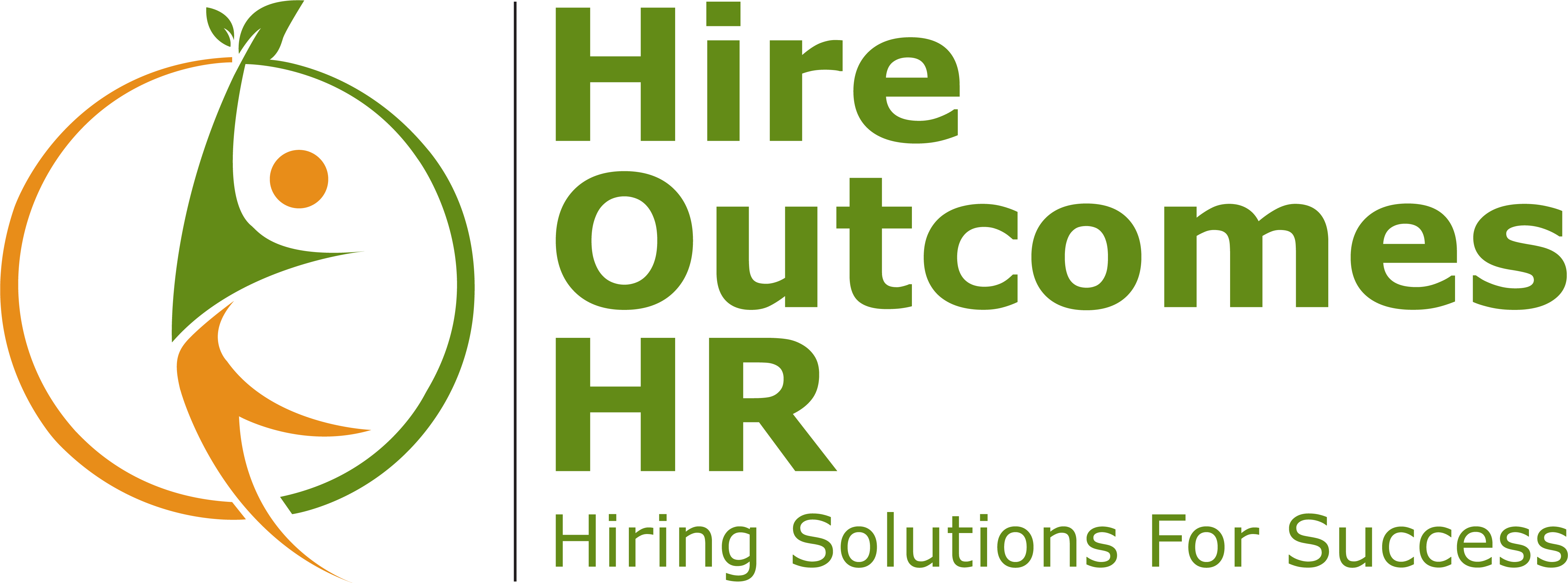Nursing Shortage
Nursing shortage continues to raise concerns. Addressing the nursing shortage is important and this shortage continues. In Minnesota, there is a staffing crisis for nursing homes and so far, it is not getting better. According to the Minneapolis, Star Tribune on April 10, there are 23,000 job openings in long term care in the state—roughly one fifth of the industry’s work force. Some facilities have had to limit admissions or are closing.
Recently the Pioneer Press reported that Minnesota medical workers are in short supply with no easy answers. Throughout the United States 1 in 5 medical workers have left during the pandemic. The pandemic has basically wiped-out major gains in MN’s healthcare workforce, leaving Minnesota with a critical shortage. As mentioned above, these shortages have left the long-term healthcare industry in crisis. Some experts compare medical worker shortages to recent supply-chain product shortages during the pandemic. Workers have left grueling jobs at hospitals and long-term care for less taxing work. Issues include early retirement, burnout, and stress. In addition, nurses have lots of job options outside of hospitals. Some nurses describe the situation as having moved from fatigue to despair and are feeling overwhelmed. Mary Turner, president of nursing union, said nurses will return to the most arduous work when they feel safe and supported.
It’s a great time to pursue a nursing career because retiring nurses are projected to leave more than a 175,000 thousand job openings per year between 2019-2029. As the impact of the pandemic lessens, there is still an impact of the nursing shortage. As staffing levels increase, it is expected that there will be an associated improvement in patient outcomes, shorter hospital stays and reduced mortality rate. It is hoped that higher staffing figures will help reduce nurse stress and burnout.
The Nurse Journal reports the following efforts are being made to help address the nursing shortage.
- The CARES Act provides additional funding and support for underserved areas. Nurses working in areas with critical shortages identified by the HRSA qualify for training and educational financial aid.
- The Nursing Education Loan Repayment Program repays up to 85% of educational loans for nurses who work in qualifying facilities in areas with critical nursing shortages.
- Many states offer incentive programs for qualifying nurses, including loan repayment programs, scholarships, and tax credits.
- Nursing schools continue to develop partnerships with public and private agencies to increase student capacity.
- Public relations campaigns continue to promote careers in nursing.
- Facilities are adopting improved staffing policies, higher wages, and other initiatives designed to improve working conditions. For example, some hospitals seek the American Nurses Credentialing Center’s magnet recognition, which supports excellence in nursing and policies for improved patient care and safety.
We are encouraged by these initiatives and believe they will help address the nursing shortage. Hire Outcomes HR offers a suite of recruitment support services to over stretched human resource managers. It improves candidate quality, by screening and engaging qualified candidates with the emotional intelligence to serve patients with enthusiasm and compassion. To learn more please go to https://www.hireoutcomeshr.com/
Source: Minneapolis Star Tribune April 10, 2022, TwinCities.com Pioneer Press Feb. 7, 2022, Nurse Journal May 6, 2022



No responses yet